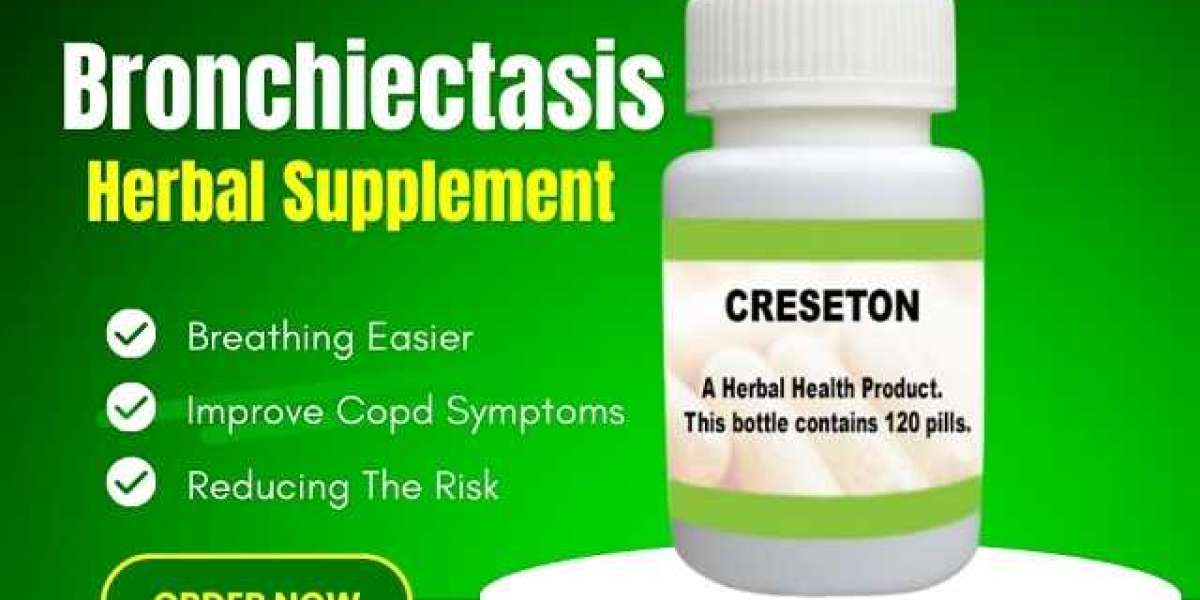These programs aim to support patients with chronic conditions or those requiring expensive brand-name medications. By addressing financial barriers, PAPs improve access to essential healthcare and enhance the quality of life for many individuals.
How Do Patient Assistance Programs Work?
Patient Assistance Programs typically function through collaborations between pharmaceutical companies, healthcare providers, and advocacy services. Here’s how the process generally works:
Eligibility Assessment
Each pharmaceutical company sets its eligibility criteria for PAPs. Factors like income level, insurance status, and medical necessity often determine who qualifies. Most programs are designed for uninsured or underinsured patients whose income falls below a specific threshold.Application Process
Patients or their representatives must complete an application form, providing details such as proof of income, medical diagnosis, and insurance coverage. Some programs may require additional documents, including prescriptions or a letter from a healthcare provider.Approval and Medication Delivery
Once approved, the patient may receive their medication directly from the pharmaceutical company or through their healthcare provider. Medications are typically supplied on a monthly basis, with renewals required periodically.Ongoing Monitoring
Patients must remain compliant with program requirements, such as submitting updated financial information or renewing their application annually. This ensures that assistance continues for those who need it most.
Who Qualifies for Patient Assistance Programs?
While eligibility varies by program, common requirements include:
- Financial Need: Income must fall below a specific percentage of the federal poverty level.
- Insurance Status: Many programs are designed for individuals who are uninsured, underinsured, or whose insurance does not cover certain medications.
- Medical Necessity: A documented need for the medication, often verified by a healthcare provider.
It’s essential to check individual program guidelines to determine eligibility.
Benefits of Patient Assistance Programs
Patient Assistance Programs offer significant benefits to patients, healthcare providers, and society as a whole.
Access to Life-Saving Medications
PAPs ensure that individuals with limited financial means can access essential brand-name medications they might otherwise be unable to afford.Improved Health Outcomes
Consistent access to prescribed treatments reduces the risk of complications and hospitalizations, leading to better overall health outcomes.Reduced Financial Stress
By alleviating the high cost of medications, PAPs ease the financial burden on patients and their families, enabling them to focus on their health.Support for Healthcare Providers
PAPs simplify the treatment process by ensuring patients have access to the medications required for effective care, helping providers achieve better results.
The Role of Advocacy Services Like The Rx Advocates
Navigating the complex application processes of Patient Assistance Programs can be daunting for individuals. This is where advocacy services like The Rx Advocates https://therxadvocates.com/ step in to provide invaluable assistance.
Simplifying the Application Process
The Rx Advocates guides individuals through the application process, ensuring all necessary documentation is completed accurately and submitted on time.Expertise in Program Requirements
With in-depth knowledge of various PAPs, The Rx Advocates can identify the programs most suited to an individual’s needs and streamline the approval process.Ongoing Support
Advocacy services offer continued assistance to patients, ensuring they meet renewal requirements and remain compliant with program guidelines.Nationwide Reach
The Rx Advocates operates across the United States, making it easier for patients nationwide to access the help they need.
Common Myths About Patient Assistance Programs
Despite their benefits, there are some misconceptions about PAPs that may deter individuals from seeking help.
Myth: Only Low-Income Individuals Qualify
While many programs prioritize low-income patients, eligibility can extend to those facing high out-of-pocket costs due to insufficient insurance coverage.Myth: The Application Process Is Too Complicated
Advocacy services like The Rx Advocates simplify the process, making it accessible for anyone in need.Myth: Only Generic Medications Are Covered
PAPs often focus on providing access to brand-name medications that are otherwise expensive or unavailable in generic form.Myth: There’s No Long-Term Support
Many programs offer ongoing assistance for chronic conditions, ensuring patients can maintain their prescribed treatment plans over time.
How to Get Started with a Patient Assistance Program
If you or someone you know struggles to afford necessary medications, consider applying for a PAP. Here’s how to begin:
Research Available Programs
Identify PAPs offered by the pharmaceutical companies that manufacture your prescribed medications.Gather Required Documentation
Compile all necessary paperwork, including proof of income, insurance details, and prescriptions.Consult an Advocacy Service
Reach out to organizations like The Rx Advocates for expert guidance and support throughout the application process.Submit the Application
Complete and submit the application form according to the program’s guidelines.Follow Up
Stay informed about your application status and provide any additional information requested by the program.
Conclusion
Patient Assistance Programs are vital resources that bridge the gap between the high cost of brand-name medications and the financial limitations faced by many individuals. By offering free or low-cost access to essential treatments, these programs improve lives, promote health equity, and reduce the burden on healthcare systems.
For those seeking support, services like The Rx Advocates simplify the process, ensuring that no one has to choose between their health and financial stability. If you or a loved one needs assistance, don’t hesitate to explore these programs and regain control of your healthcare journey.









